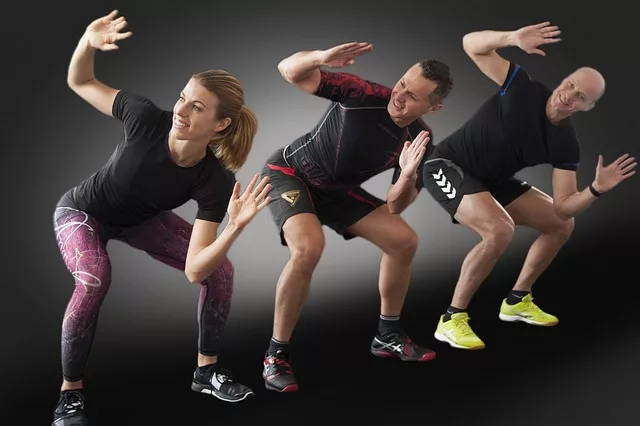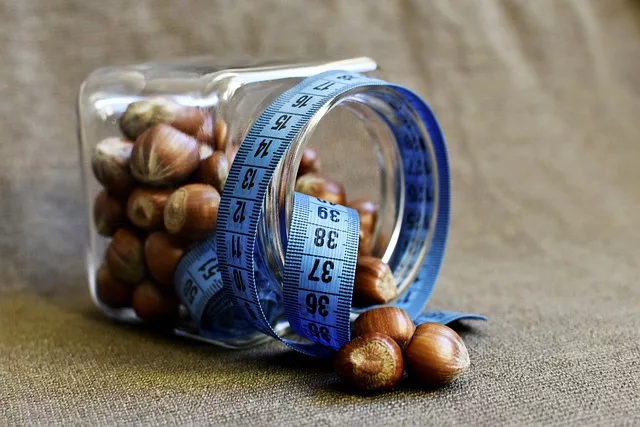Exercise is an essential component of weight loss and overall health. However, there are several myths and misconceptions surrounding exercise and its role in weight management. This article aims to debunk common exercise myths related to weight loss, providing clarity and guiding you towards evidence-based strategies for achieving your weight loss goals.
Myth #1: Cardio is the Best Exercise for Weight Loss
Many people believe that cardiovascular exercises, such as running or cycling, are the most effective for weight loss. While cardio exercises do burn calories, they should be complemented with other forms of exercise for optimal results. Strength training and high-intensity interval training (HIIT) are equally important for weight loss as they build lean muscle mass, which increases metabolism and burns more calories.
Myth #2: Spot Reduction of Fat is Possible
Spot reduction refers to the belief that exercising a specific body part can target fat loss in that area. Unfortunately, spot reduction is a myth. Fat loss occurs uniformly throughout the body as you create an overall calorie deficit through a combination of exercise and a healthy diet. Engaging in full-body workouts and incorporating a variety of exercises will help reduce overall body fat.
Myth #3: More Exercise is Always Better
Some believe that the more exercise they do, the more weight they will lose. While exercise is crucial for weight loss, excessive workouts can lead to overtraining, injury, and burnout. It is important to find a balance that includes both rest and recovery to allow the body to repair and adapt to exercise stress.
Myth #4: Weightlifting Makes Women Bulky
Many women avoid weightlifting out of fear of becoming bulky or looking too muscular. However, this fear is unfounded as women generally lack the hormone levels required to develop large muscles. Weightlifting not only helps build lean muscle but also improves overall body composition, increases strength, and boosts metabolism.
Myth #5: Exercise Alone is Sufficient for Weight Loss
Exercise is a critical component of weight loss, but it is not the sole factor. Nutrition and a calorie-controlled diet play a significant role in achieving weight loss goals. A balanced approach that combines regular exercise with a healthy eating plan is key for sustainable weight loss.
Myth #6: Long, Slow Cardio is Best for Fat Burning
The myth suggests that low-intensity, long-duration cardio sessions are optimal for burning fat. While low-intensity cardio does burn calories, high-intensity workouts like HIIT can be more effective for fat loss. HIIT sessions elevate the heart rate, increase metabolism, and stimulate greater calorie burn even after the workout is finished.
Myth #7: Exercise Negates the Need for a Healthy Diet
It is a misconception that intense exercise can compensate for a poor diet. Exercise alone cannot offset the negative effects of a diet high in processed foods, sugary beverages, and excessive calories. A healthy diet that is rich in whole foods, lean proteins, fruits, vegetables, and whole grains is essential for weight loss.
Understanding and debunking exercise myths surrounding weight loss is crucial for making informed decisions about your fitness journey. Incorporate a balanced exercise routine that includes cardio, strength training, and HIIT workouts. Remember that exercise alone is not sufficient; a healthy, calorie-controlled diet is equally important. By dispelling these myths and adopting evidence-based strategies, you can optimize your weight loss efforts and achieve sustainable results.
Image by karabulakastan from Pixabay
Weight Management
-

Debunking Food Myths For Weight Loss: Separating Fact from Fiction
When it comes to weight loss, there are numerous myths and misconceptions surrounding food. These myths can hinder progress and lead to ineffective or unsustainable strategies. This article aims to debunk common myths around food and weight loss, providing clarity and highlighting evidence-based approaches to achieving healthy and sustainable weight loss. Myth #1: Carbs Make…
-

Green Tea for Weight Loss: Why It May Work?
-

Can Apple Cider Vinegar Cause Weight Loss – Examining the Claims
-

Exercise Myths and Weight Loss: Debunking Common Misconceptions
-

The Link Between Weight Loss and Sleep: Exploring the Connection
-

Indicators of Health Beyond Weight: Exploring a Holistic Perspective
-

How Walking Can Help Shed Pounds and Maintain a Healthy Weight








Leave a Reply